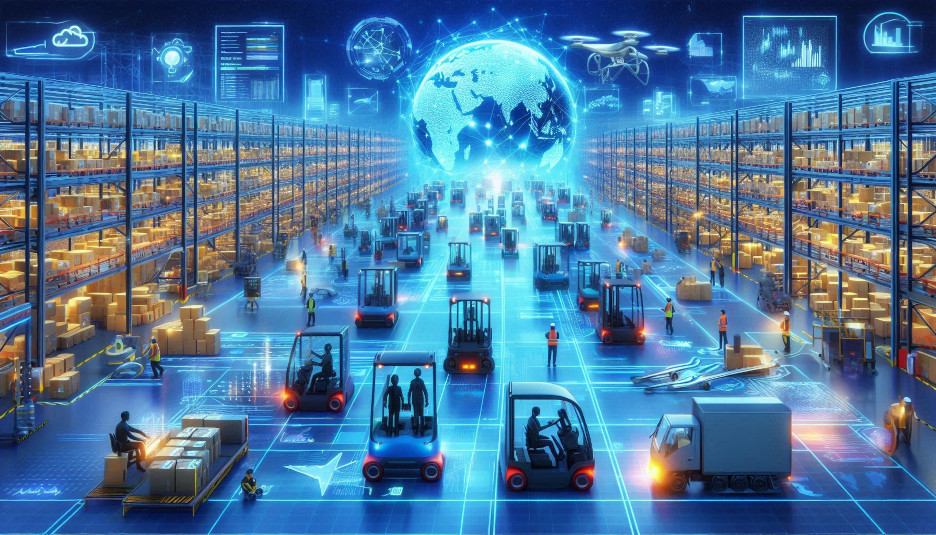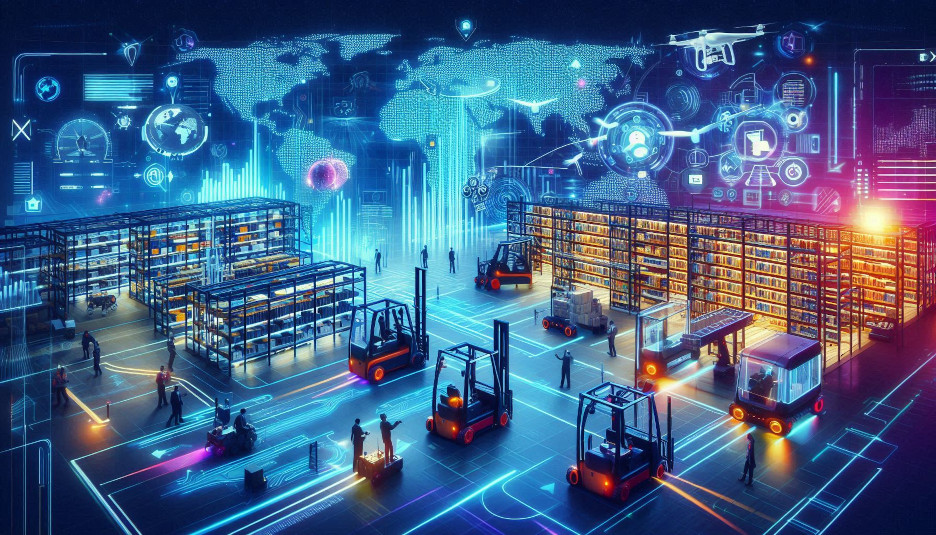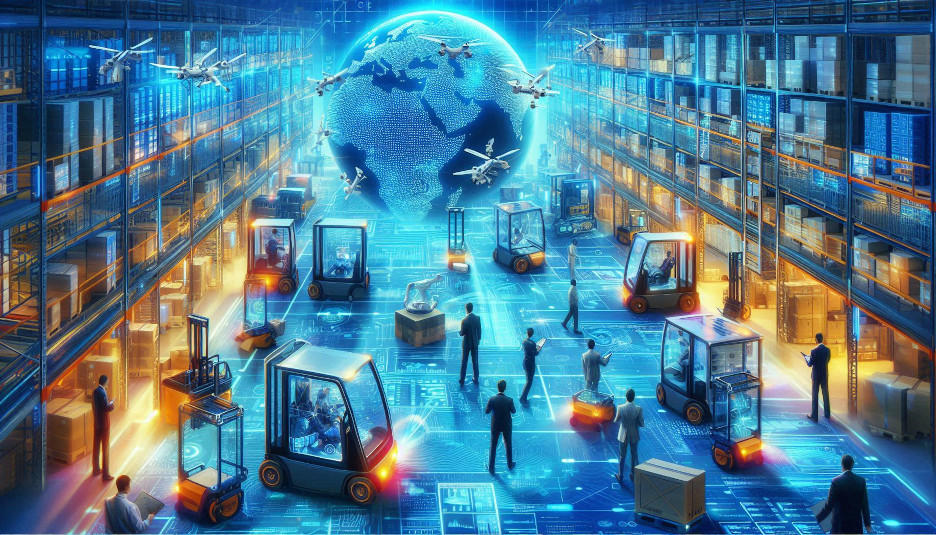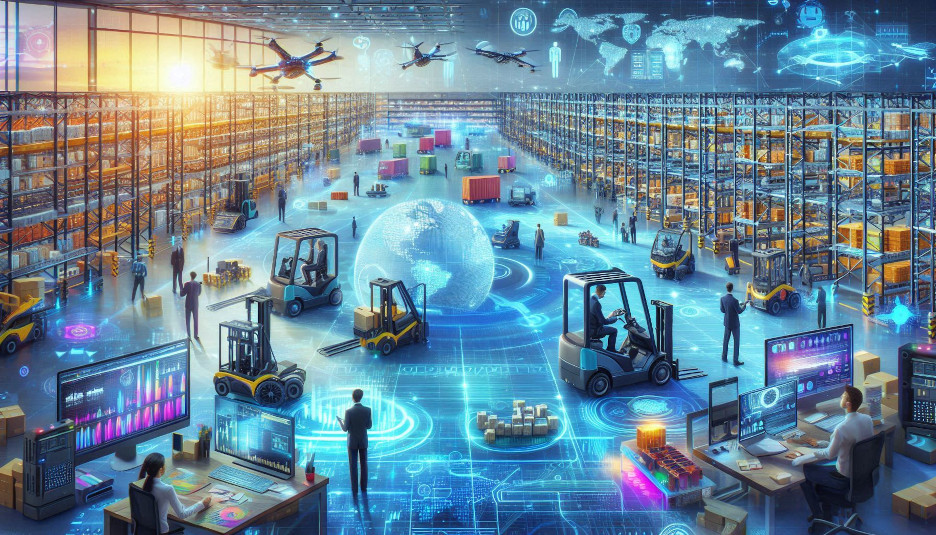The Impact of Technology on Warehouse Operations
-
 John Fry
John Fry - 18 Jul, 2024

The Impact of Technology on Warehouse Operations
The warehouse industry is undergoing a significant transformation, driven by the rapid growth of e-commerce and advancements in technology. To meet the increasing demand for faster and more efficient delivery, warehouses are leveraging automation, artificial intelligence, and the Internet of Things (IoT) to optimize operations and reduce costs.
Automation and Robotics
Automation and robotics are revolutionizing warehouse operations:
- Autonomous Mobile Robots (AMRs): These robots can navigate warehouse floors autonomously, transporting goods to and from storage locations. They improve efficiency and reduce labor costs.
- Automated Guided Vehicles (AGVs): AGVs follow predefined paths to transport materials within a warehouse. They are commonly used for tasks like pallet movement and order picking.
- Robotic Process Automation (RPA): RPA software can automate repetitive tasks, such as data entry and report generation, freeing up human workers to focus on more strategic activities.
Internet of Things (IoT) in Warehousing
IoT devices are transforming warehouses into smart facilities:
- Real-time Inventory Tracking: IoT sensors can track the location and quantity of inventory in real-time, optimizing stock levels and preventing stockouts.
- Predictive Maintenance: By monitoring equipment health, IoT sensors can predict potential failures and schedule maintenance proactively, reducing downtime.
- Smart Warehouse Systems: Integrating IoT devices with warehouse management systems can create a connected warehouse, enabling data-driven decision-making.
Artificial Intelligence and Machine Learning
AI and machine learning are empowering warehouses to make smarter decisions:
- AI-Powered Warehouse Management Systems: These systems can optimize warehouse layout, labor allocation, and storage strategies.
- Predictive Analytics: By analyzing historical data, AI can predict future demand and optimize inventory levels.
- Machine Learning: Machine learning algorithms can identify patterns in data to improve decision-making and automate tasks.
The Future of Warehouse Work
While automation and AI are transforming warehouse operations, human workers will continue to play a vital role. However, the nature of warehouse work is changing. To thrive in this evolving landscape, warehouse workers will need to:
- Upskill and Reskill: Acquire new skills in areas like robotics, data analytics, and cybersecurity.
- Embrace Technology: Learn to work with automation and AI tools.
- Develop Soft Skills: Strengthen communication, problem-solving, and critical thinking skills.
The future of warehouse work is bright, with opportunities for innovation and career advancement.
By embracing technology and developing the necessary skills, warehouse workers can contribute to the efficient and sustainable operation of modern supply chains.


